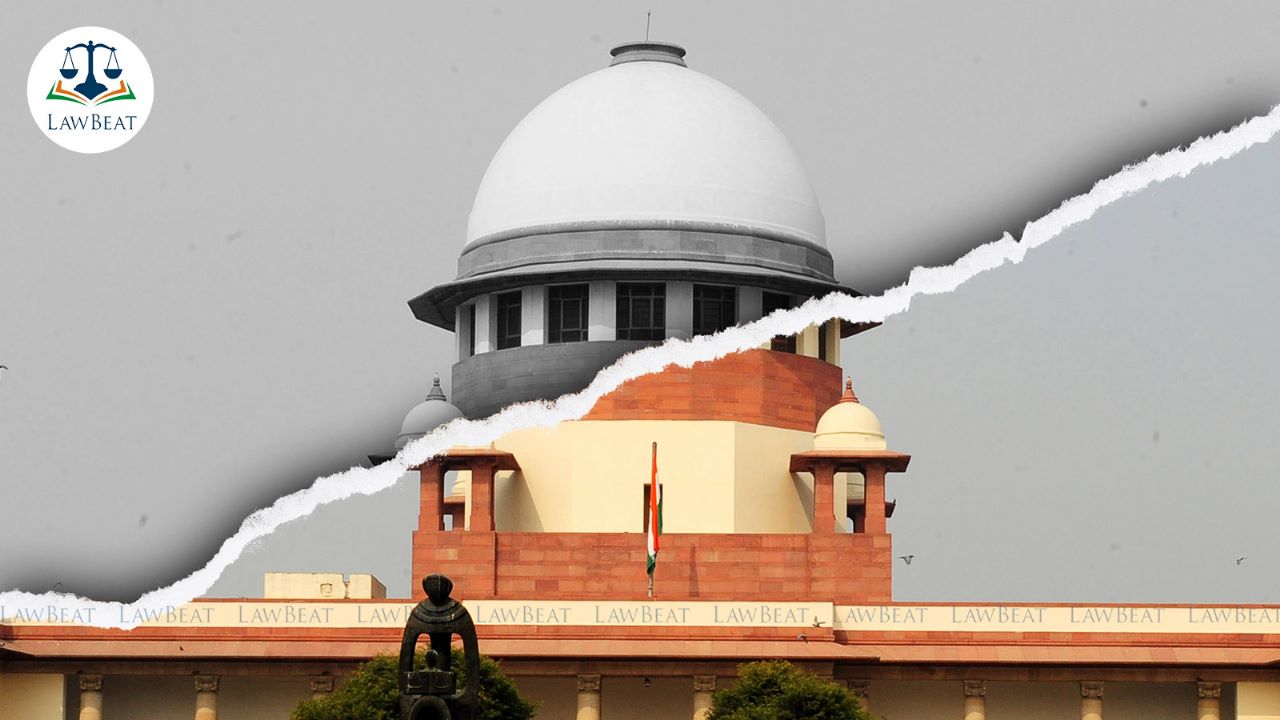Legal heirs not liable in consumer complaint arising out of a commercial dispute: SC

SC bench said commercial disputes cannot be decided in summary proceeding under the 1986 Consumer Protection Act
The Supreme Court has on April 5, 2024 held that a consumer complaint arising out of an investment made in a partnership firm would not be maintainable in view of its commercial nature of dispute.
The apex court also said legal heirs of a deceased partner do not become liable for any liability of the partnership firm upon the death of the partner.
A bench of Justices Vikram Nath and Satish Chandra Sharma allowed an appeal filed by Annapurna B Uppin & Others against the National Consumer Disputes Redressal Commission's order of April 01, 2022.
The NCDRC had then dismissed a revision petition against the State Consumed Disputes Redressal Commission the District Consumer Disputes Redressal Forum allowing the complaint by Malsiddappa and others and holding the appellants, jointly and severally liable to pay Rs 5 lakhs along with simple interest at the annual interest rate of 18% from May 21, 2002 to May 20, 2012 with further interest at the rate of 6% per annum from May 21, 2012 onwards till realisation.
The complainant made an investment of Rs 5 lakh in a partnership firm with managing partner of Basavaraj Uppin, husband of the appellant on promise of 18% return but Uppin died in 2003.
The appellants contended once the complainant himself was a partner as per the registered partnership deed of May 27, 1996, he could not have maintained the complaint for settling the dispute with respect to the partnership firm by way of a complaint under the Consumer Protection Act, 1986.
They also said the dispute, being purely commercial in nature, appropriate remedy, if any, available to the complainant was before the Civil Court and not by way of alleging ‘deficiency in service’ and filing a complaint under the 1986 Act.
They also contended the legal heirs of the deceased partner of a registered firm could not be impleaded as opposite parties in a complaint for recovery of any investment or for any liability of the firm of which their husband/father was a partner.
The complainant, among other grounds, said that despite legal notice, the appellants have refused to return the invested amount, which clearly amounted to deficiency in service and therefore, the complaint was maintainable.
He also said since the appellants have inherited estate of managing partner Basavaraj Uppin, and hence they cannot escape the liability of making the payment due to him.
The bench, however, said, once there was a registered partnership deed dated May 27, 1996, there is no further document placed on record by the complainant regarding dissolution of the said registered deed which continued till the time when the investment was made by the complainant him on May 21, 2002 and hence the complainant would be deemed to be partner of the firm.
It is only upon the death of the Managing Partner Basavaraj Uppin in March 2003, that the status of the firm would cease to exist or would stand dissolved, it noted.
"The investment made by the respondent- complainant was for deriving benefit by getting an interest on the same at the rate of 18 % per annum, therefore, it would be an investment for profit/gain. It was a commercial transaction and therefore also would be outside the purview of the 1986 Act," the bench said.
"Commercial disputes cannot be decided in summary proceeding under the 1986 Act but the appropriate remedy for recovery of the said amount, if any, admissible to the complainant respondent No 1, would be before the Civil Court. The complaint was thus not maintainable," the bench added.
The court also pointed out there was no evidence on record to show that a fresh partnership deed was executed reconstituting the firm in which the present appellants had become partners so as to take upon themselves the assets and liabilities of the firm.
"The law is well settled that legal heirs of a deceased partner do not become liable for any liability of the firm upon the death of the partner," the court said.
The court also a contention by the complainant that appellants had alternative remedy of approaching the High Court under Article 226 of the Constitution is of no avail.
"We are of the view that the District Forum, the State and the National Commissions fell in error in allowing the complaint and upholding it in appeal and revision," the bench said, dismissing the complaint.
The bench, however, left it open for the complainant to avail such other remedy as may be available under law before any Competent Forum.
